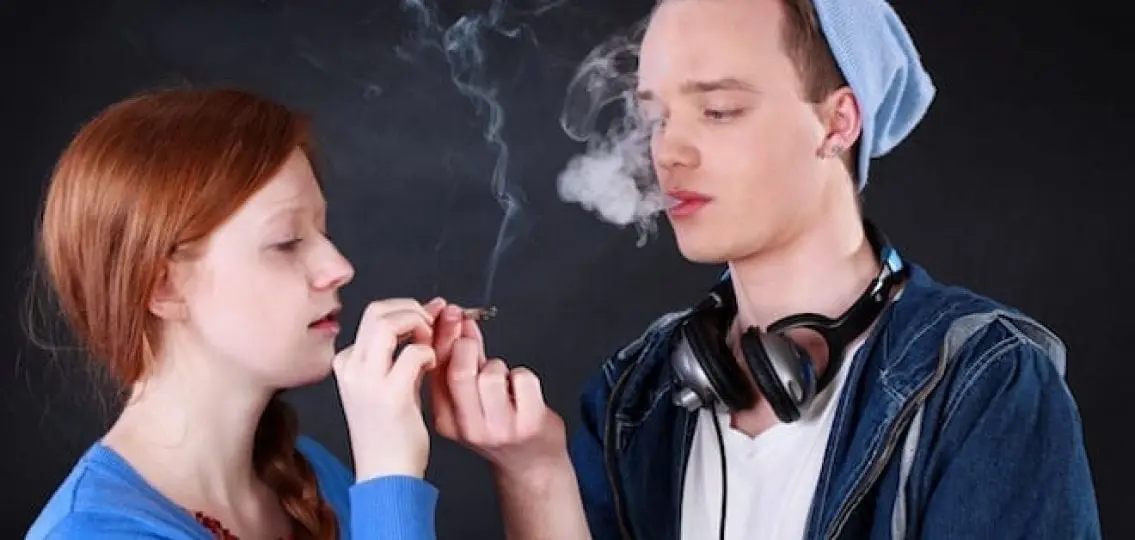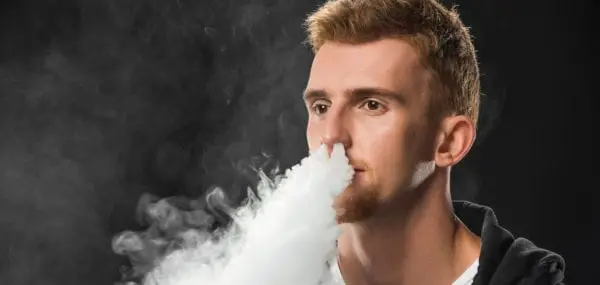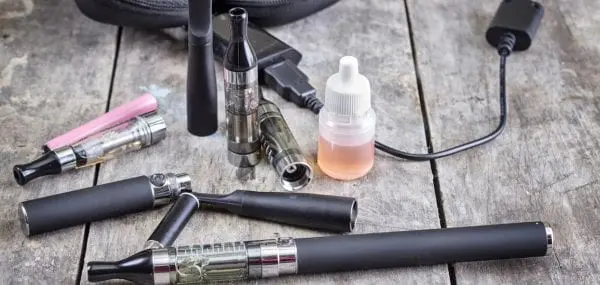Dear Your Teen:
Now that my 13-year-old is learning about drugs at school, he has a lot of questions. Last week he asked whether I ever smoked marijuana. I did, but should I tell my teenager I used to smoke pot? I don’t want to lie, but I also want to avoid encouraging dangerous and illegal behavior.
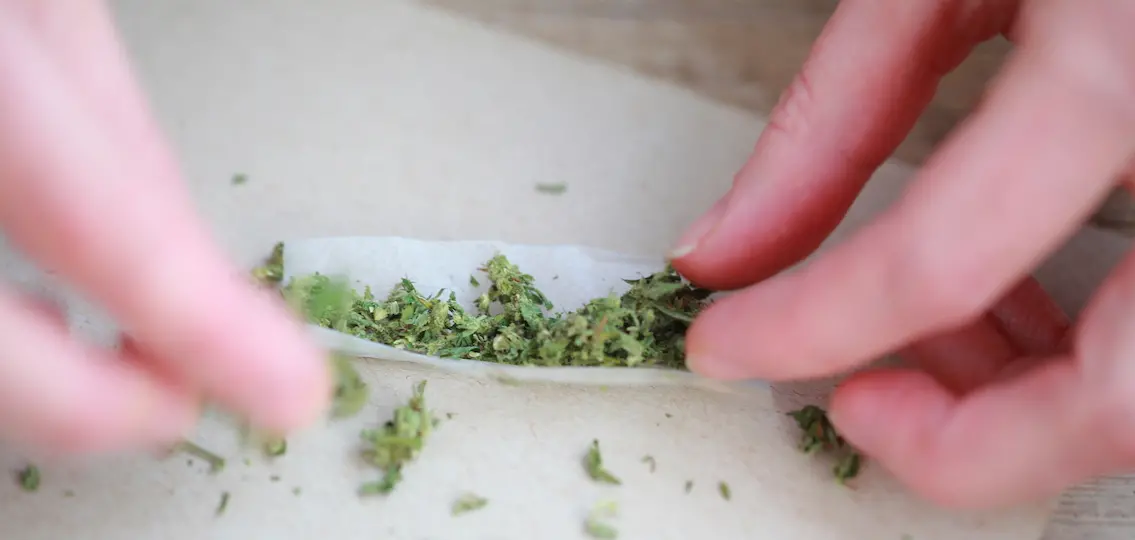
EXPERT | Wendy Cunningham, Ph.D.
The answer is not a simple yes or no. In your approach, follow two objectives—teach and connect. Some self-disclosure of valuable information can guide effective decision-making (teaching) and promote an atmosphere of honesty in important topics (connecting).
How Much Information Should a Parent Share?
Consider the following questions to gauge your level of sharing:
1. What is my teenager’s developmental level?
Does my teenager possess the reasoning capacity to use the information effectively? Will my experience provide valuable information, or will it confuse or burden my teenager? By considering the answer to these questions, you can help develop an approach that is tailored to your particular child.
2. Will this create a teachable moment?
Can I tie in valuable information without lecturing? Assessing your own ability to present this information in a constructive way is as important as considering your teen’s ability to process it.
3. What is my goal?
Can I convey a moral? Can I achieve my objectives?
Make sure to keep it authentic. Teens are astutely aware when an adult is not being truthful or genuine.
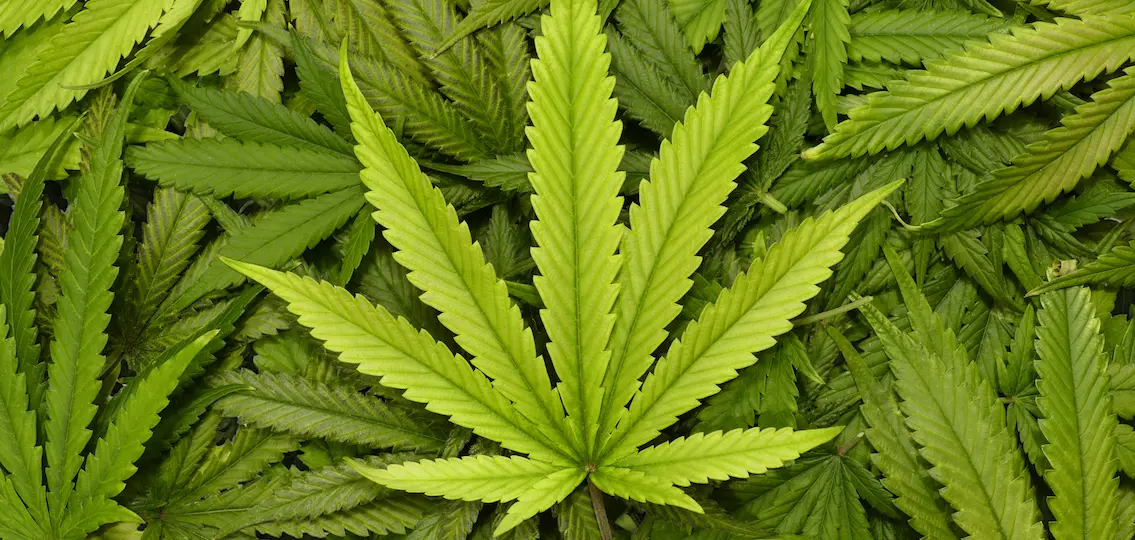
If self-disclosure does not appear useful at the time, you can accomplish the objectives of teaching and connecting in a different way. Explain that your experiences are both similar and different from what teenagers face today, and broadly discuss the challenges that teens faced when you were younger. Share a situation that you observed when you were their age, and use it to brainstorm ways to handle it as a teenager. Remember to ask about their experiences.
